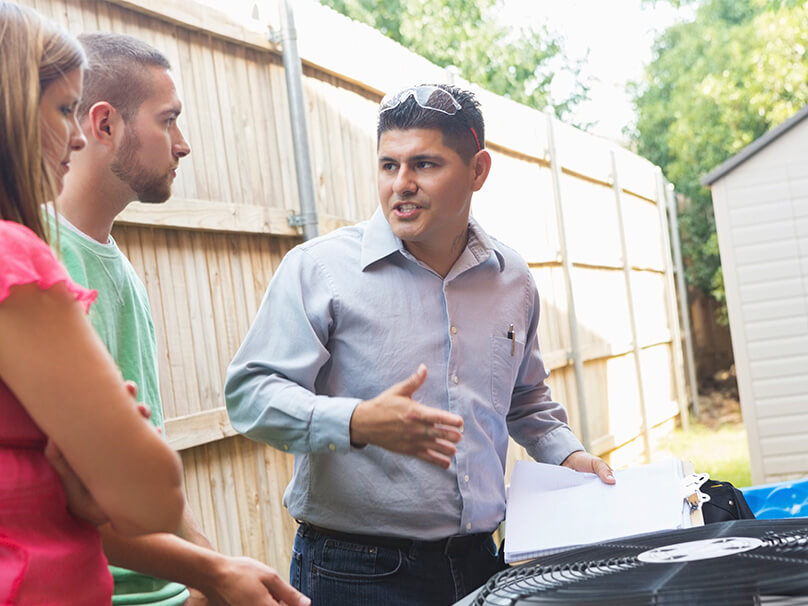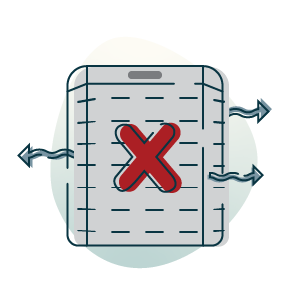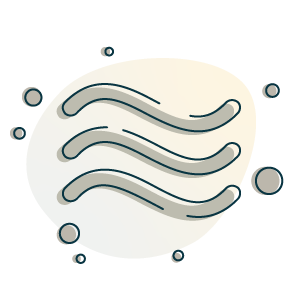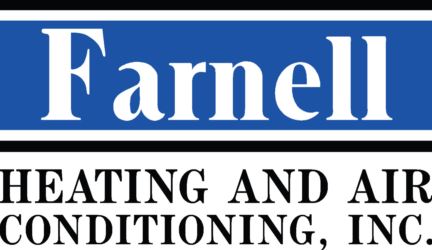A lot of homeowners only call for air conditioning repair when their system totally fails. However, the reality is your air conditioner will often give warning signs before a total breakdown that results in new AC installation. Noticing early problems and calling the experts at Farnell Heating & Air Conditioning Inc to address issues early can spare you the hassle and expense of a full AC system failure. More importantly, it can prevent the hot and sweaty conditions created by having your AC fail on a hot day.
When you call us, our team of highly trained HVAC technicians will identify the problem, make the necessary repairs and restore your comfort fast. We have extensive expertise and provide top-tier, cost-effective AC service for local homeowners.
Why put off calling the pros until your cooling system quits? Skip all that hassle by calling today to schedule AC repair in Mobile, AL, from Farnell Heating & Air Conditioning Inc.

How to Know if You Need AC Repair
Wondering if your air conditioner needs repair? From unusual smells to a lack of cool air coming from the vents, there are many indicators that your cooling system has an issue and needs evaluation or repair.
Here are some warning signs that trouble may be developing and it’s time to call an HVAC technician from Farnell Heating & Air Conditioning Inc:

AC is blowing hot air
If warm air is flowing out of your AC unit instead of cool air, or if the air isn’t as cool as normal, it’s a smart move to call us for professional cooling service.
Air conditioner frequently turns on and off
If your AC system starts and stops instead of completing its normal cycle, it could be a symptom of underlying trouble and should be looked at by one of our certified HVAC technicians.


Monthly utility bills increase for no apparent reason
A sudden spike in your energy costs can be a signal your AC unit is not running efficiently, which means it uses more energy to maintain a comfortable indoor temperature and needs AC maintenance or repair.
Strange odors are coming from your AC
Air conditioners should not stink. Unusual odors coming from your AC unit should be inspected by an HVAC technician, as they can be a red flag for issues like mold, mildew or even electrical issues.


AC starts making noises
If you hear odd noises when your air conditioner is running — banging, rattling or screeching, to name just a few — it’s important to call for professional HVAC service to get to the bottom of the issue.
Request Expert Air Conditioner Repair Right Away
When you have to have air conditioning service quickly, call the HVAC repair specialists at Farnell Heating & Air Conditioning Inc. We’ll quickly confirm the trouble when your equipment won’t work or provide sufficient chilled air.
